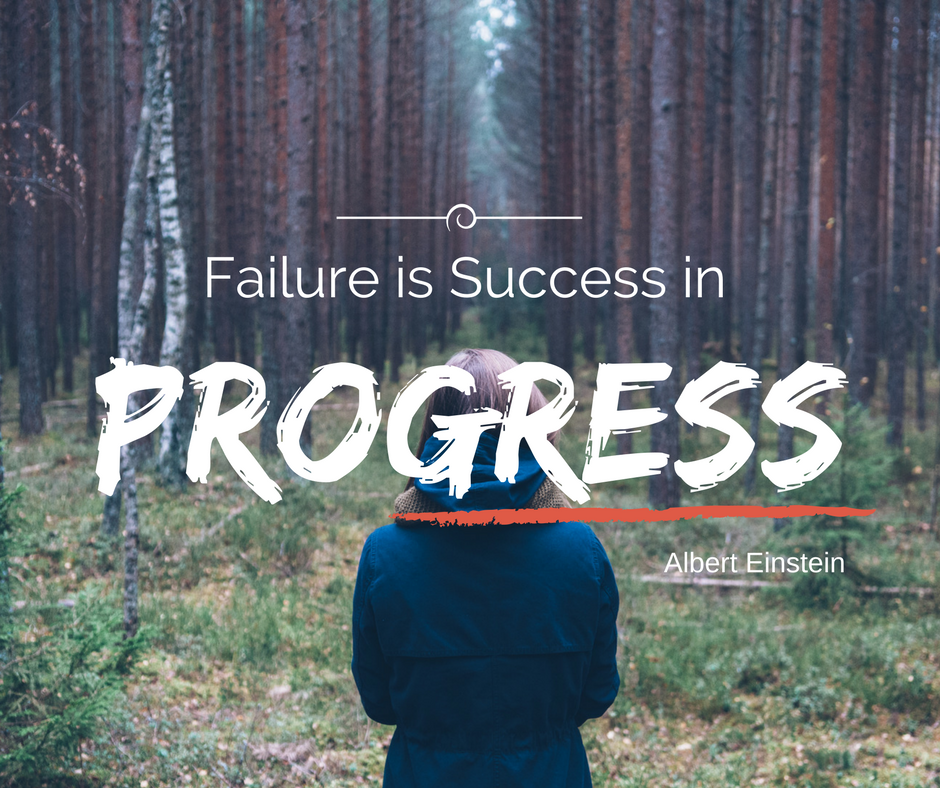
I had the pleasure of attending a patient advocacy workshop for the past two days, hosted by the National Center for Health Research.
The 30 attendees included people who were advocacy veterans — some who had started non-profits or worked with health systems — while for others, this was their first time being exposed or getting involved with advocacy.
We had men, women, and gender nonconforming; people of color and Caucasians; people with physical and/or mental health conditions; people who had been harmed by drugs and others by devices; people who were affected by conditions themselves or loved ones representing them; people from across the country; people of all educational levels. These diverse voices made for an incredibly rich discussion over the two days.
Part of the workshop was to train people on basics of research, types of trials, and something I nerd out about — subgroup analysis, which looks at how different subsets of people within the larger study group (ex: men/women, young/old, white/POC) may react differently to interventions.
Many people were astounded to see and learn that there are rarely large enough groups of minorities included in research studies to make any meaningful conclusions. Someone raised that that’s to be expected, since there are more white people than people of color in the US, but that’s not true of certain conditions, like lupus that predominately affects African-American and Latina women.
There are many reasons why this lack of diversity exists in research. This includes, but is not limited to, not going to where marginalized communities are, not reaching them in culturally appropriate ways, historic mistreatment of these communities and not incentivizing their participation.
A 2015 study examined this lack of diversity in biomedical research. Lead author, Samuel Oh of UCSF, explained that if study recruiting hours are set between 9 a.m. and 5 p.m., only people who can take time off work or who aren’t working can afford to participate. “If you’re holding down a family and trying to provide by working several jobs, you’re not going to prioritize taking time off to enter this study.”
What are the ramifications if we don’t include people that are representative of the larger population?
Well then we are continually innovating (making new treatments, devices or services) for a subsection of the population. What works for older white men may not work for young black women, etc.
The people who attended who represented marginalized demographics were just as passionate (arguably more) than those of us in privileged positions. The common themes that emerged for why they or their community didn’t participate were that they weren’t aware of opportunities to get involved, didn’t have access to them in ways that met their needs, and weren’t incentivized — or a better way of saying it, their contributions weren’t fairly valued.
This is why we created Savvy Cooperative. We want to make it easier and more efficient for a larger group diverse patients and loved ones to contribute to make sure we are innovating for all. And yes, this also means paying patients. This is something I have gotten push back on from professional colleagues, saying it may introduce bias, “patients can’t get paid!” But if we don’t, the risk is too high. We lose the voices we desperately need to hear.
So this weekend was amazing. I realize I am in a position of privilege as an “educated” (such a subjective term — I went to graduate school) white woman who has been fortunate/unfortunate enough to see the problem on both the professional and patient sides of the equation. That’s why I feel a sense of obligation to help solve the problem — and do so equitably for the most vulnerable and under-appreciated members of the healthcare ecosystem — the patients and their families.

We will not get everything right the first time, but we will fail forward towards these goals, learning as our co-op of patients and loved ones give feedback to help Savvy improve.
We ask for your feedback, your patience, and most importantly, your cooperation. We can’t do this without you. Please join us on this important journey at http://savvy.coop — click “Join Us” to join our Savvy Crowd!
June 4, 2017
.png?width=300&height=69&name=SavvyCoop_HorizontalLogo_LargeFormat%20(1).png)